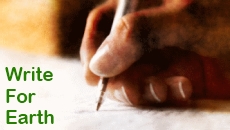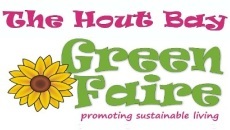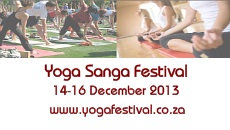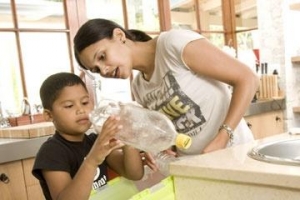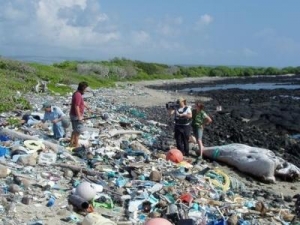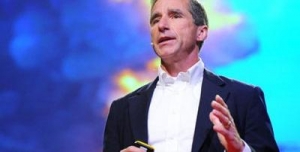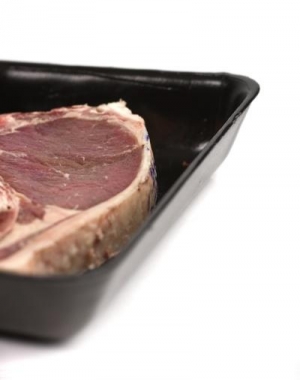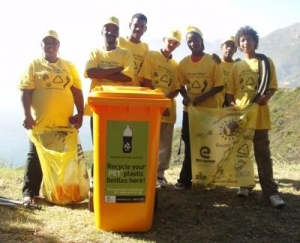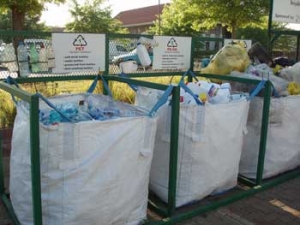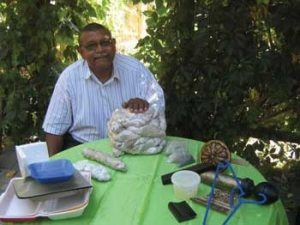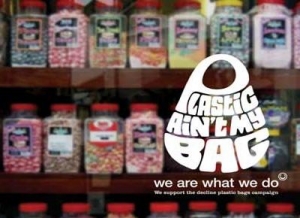The most common container in the soft drink market today in South Africa is the plastic bottle, or more specifically, the polyethylene terephthalate (PET) bottle.
'Is it possible for biodegradable packaging to really do a great disappearing act or is this just a load of landfill?€ This was the big question that was thrashed out recently during the annual breakfast seminar by the Institute of Packaging€™s Western Cape region.
One of the most misunderstood types of packaging is Polystyrene. Do you know what environmental benefits there are to this handy material? Here are some facts to update your knowledge.
Cape Argus/Pick 'n Pay Cycle Tour and Old Mutual Two Oceans Marathon's greening has exceeded their objectives for waste collection and recycling.
It€™s the middle of a cold and stormy Cape winter and your hollow-fill duvet or thermal underwear might just be made from recycled PET.
When I think of Polystyrene my mind conjures pictures of drinking cups, egg trays, meat trays and picnic plates.
On 30 March 2011 a first meeting to attempt to ban plastic bags from South Africa was held at the Two Oceans€™ Aquarium in Cape Town. 'The plastic bag we want banned is the checkout bag at supermarkets. Cashiers just hand them to you and ask: would you like a bag?€ says Haly McLellan, senior bird trainer at the Aquarium and initiator of the Ban the bag campaign. 'My ideal is that legislation in government will help to shape human behaviour. This is not a €˜smear the bag campaign€™, this is thinking compassionately about the environment.€



